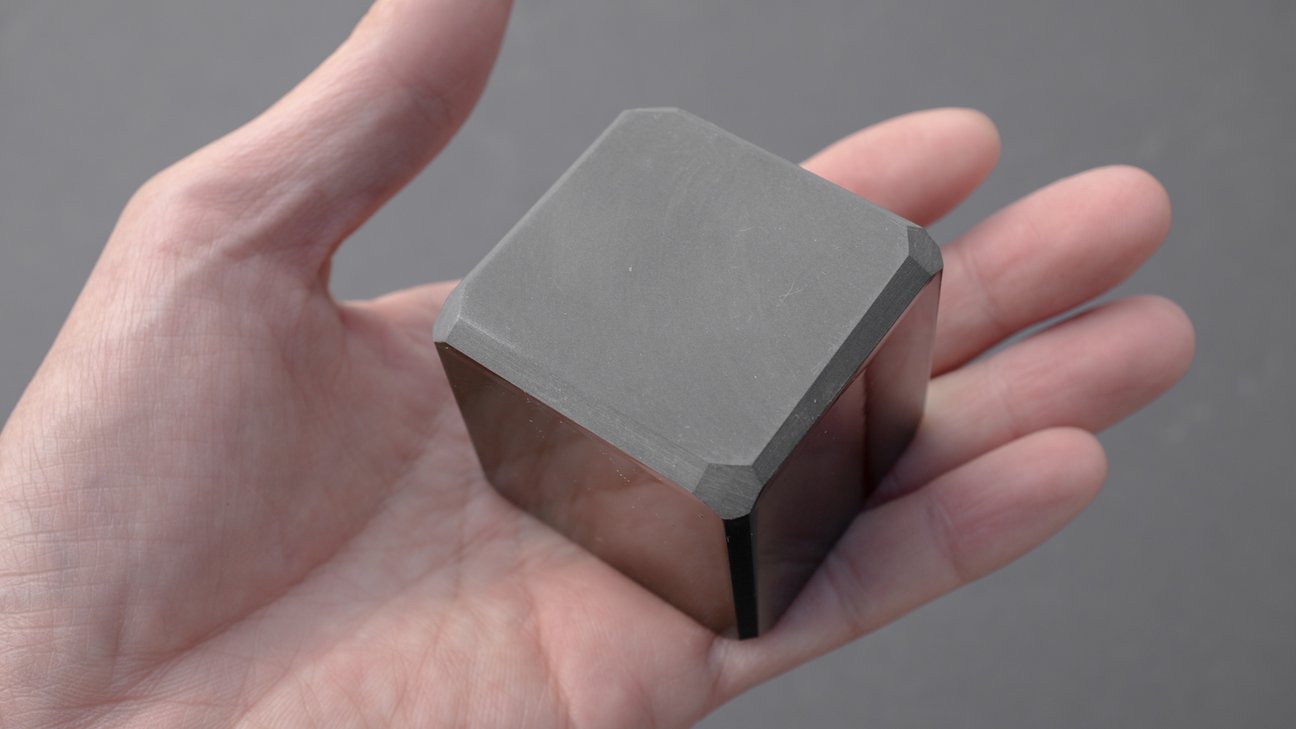Morihei
Morihei Kuro Nagura Natural Stone
Morihei Kuro Nagura Natural Stone
Couldn't load pickup availability
Description
Description
Morihei is a knife and whetstone supplier located in Asakusabashi, Tokyo. They have been a part of the industry for over 100 years, including the predecessor of Morihei “Oguro-Morihei-Shouten“. At one point in time, more than 20 groups of blacksmiths and sharpeners were working exclusively under Morihei. They are one of the only companies in Japan with a long-standing history of relationships with blacksmiths and whetstone and natural stone makers that still exists today. The president, Mr. Akimitsu Oguro is highly regarded and extremely well educated on the “Kanto” knife style. He acts like a gatekeeper for this specific style. Educating craftsmen on the old techniques used to keep not only double but also single bevel knives from the Tokyo region alive.
Morihei is one of the most reputable natural stones dealers and next to some of our favorite knives and stones they supply a wide range of woodworking- and gardening-tools.
About Natural Stones
About Natural Stones
Natural sharpening stones, known as JNATs or Tennen Toishi, are quarried from mountains across Japan. These stones are a product of Japan’s unique sedimentary and geological history, which makes them rich in silica and silicon oxide—key elements that enable effective sharpening of steel. When combined with the clay that acts as a binder, the resulting material can vary in cutting speed, depending on the proportions of each component. Japan is one of the few places in the world where such a diverse range of these stones can be found.
The availability of these natural stones has played a crucial role in Japan’s history of swordmaking and the production of high-quality tools. Beyond their practical uses, they also hold significant historical and cultural value. The world of natural sharpening stones is as complex as it is fascinating.
Tennen Toishi stones offer performance that’s unmatched by most man-made sharpening stones. They are known for their longevity, superior edge quality, and the ability to produce exceptional polishes. These stones typically provide better cutting performance and long lasting edges.
Natural stones are evaluated based on size, hardness, fineness, evenness, and cutting speed. Stones that are large, fine, fast, and produce clean finishes are often the most desirable.
While general characteristics can be identified based on the mountain or mine of origin, each stone is unique. Stones from known sources may have predictable qualities, but individual testing is essential to assess their specific performance.
Maintaining a natural sharpening stone is quite similar to caring for a synthetic stone, though there are a few key differences.
Keeping your stone flat is important, but natural stones typically require flattening less often than synthetic ones. When flattening, use the finest flattener possible to minimize unnecessary material removal. After flattening, we recommend polishing the surface with a nagura stone to enhance performance and surface smoothness.
To increase the stone’s longevity, we advise mounting it on a wooden base. This greatly improves the stone’s strength and structural stability. Because natural stones may contain weak spots, reinforcing them in this way helps prevent potential damage and prolongs their lifespan.
Detailed Spec
Brand: Morihei 森平
Product Type: Nagura Natural Stone
Soaking Requirement: Not required
Used to work up a slurry on hard whetstones.
Share
*Please understand that all pictures on our website are made of random samples and as most products are made with natural materials by hand. The colour, appearances and even measurements can slightly vary. Please contact us if you wish to see the exact item we have on hand.
View full details



